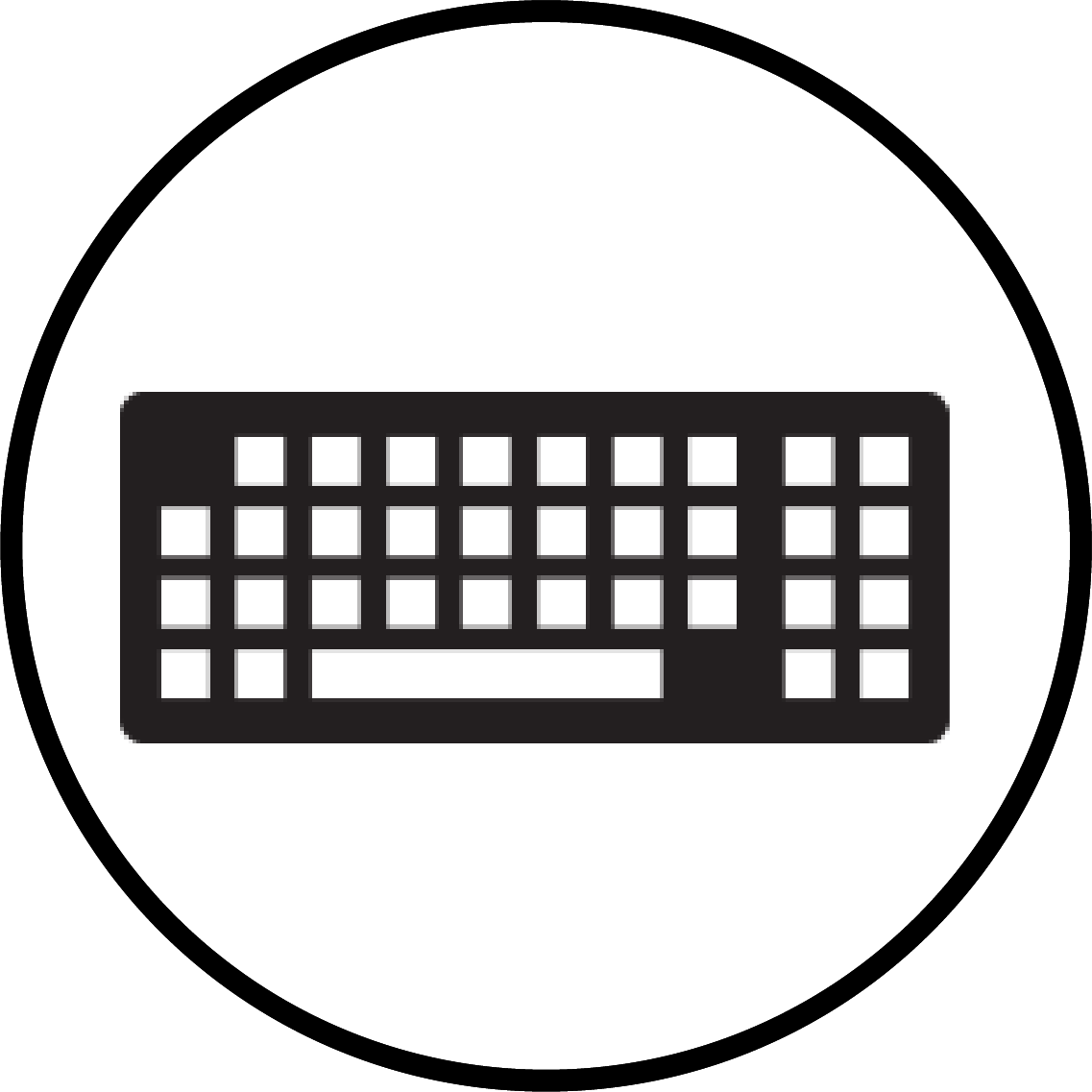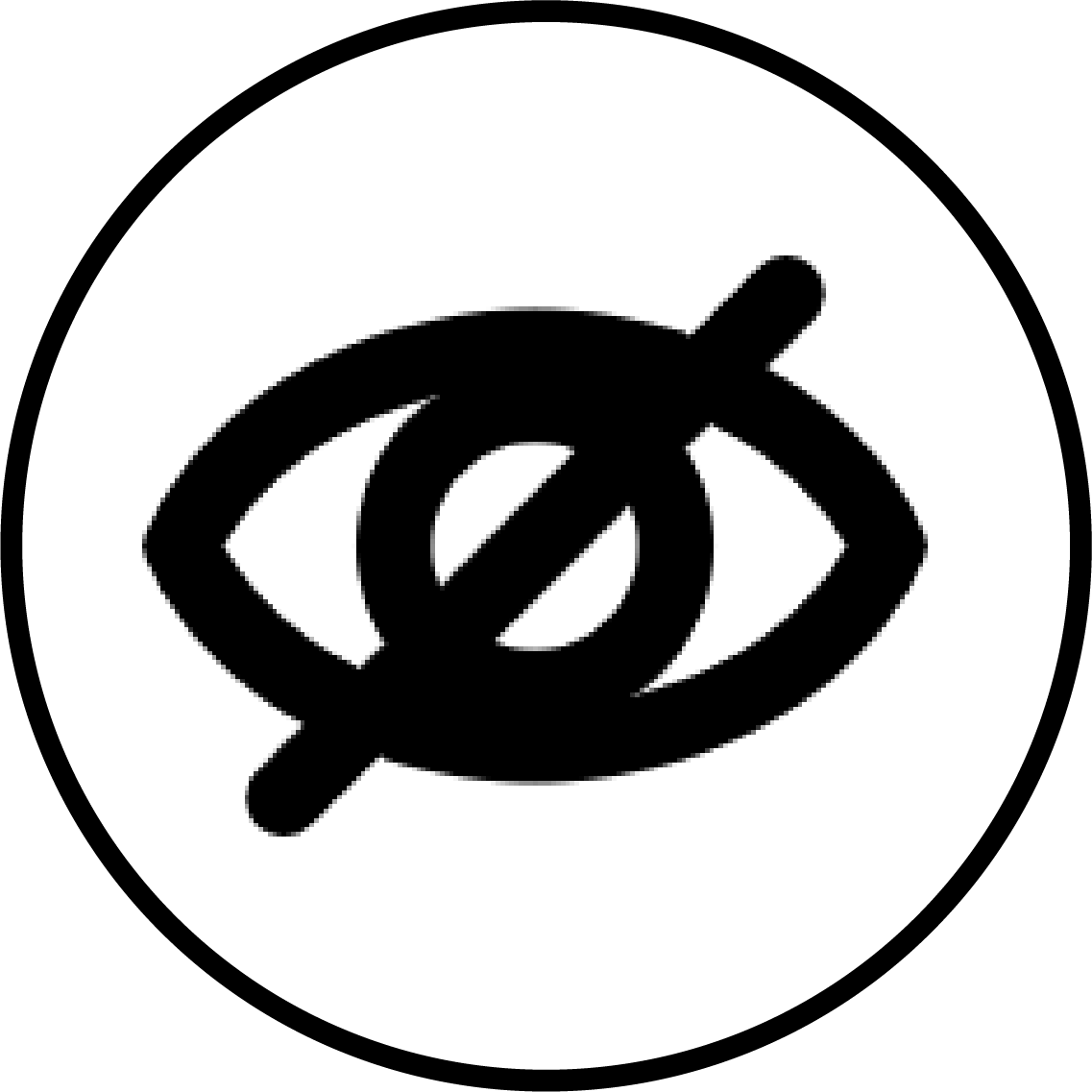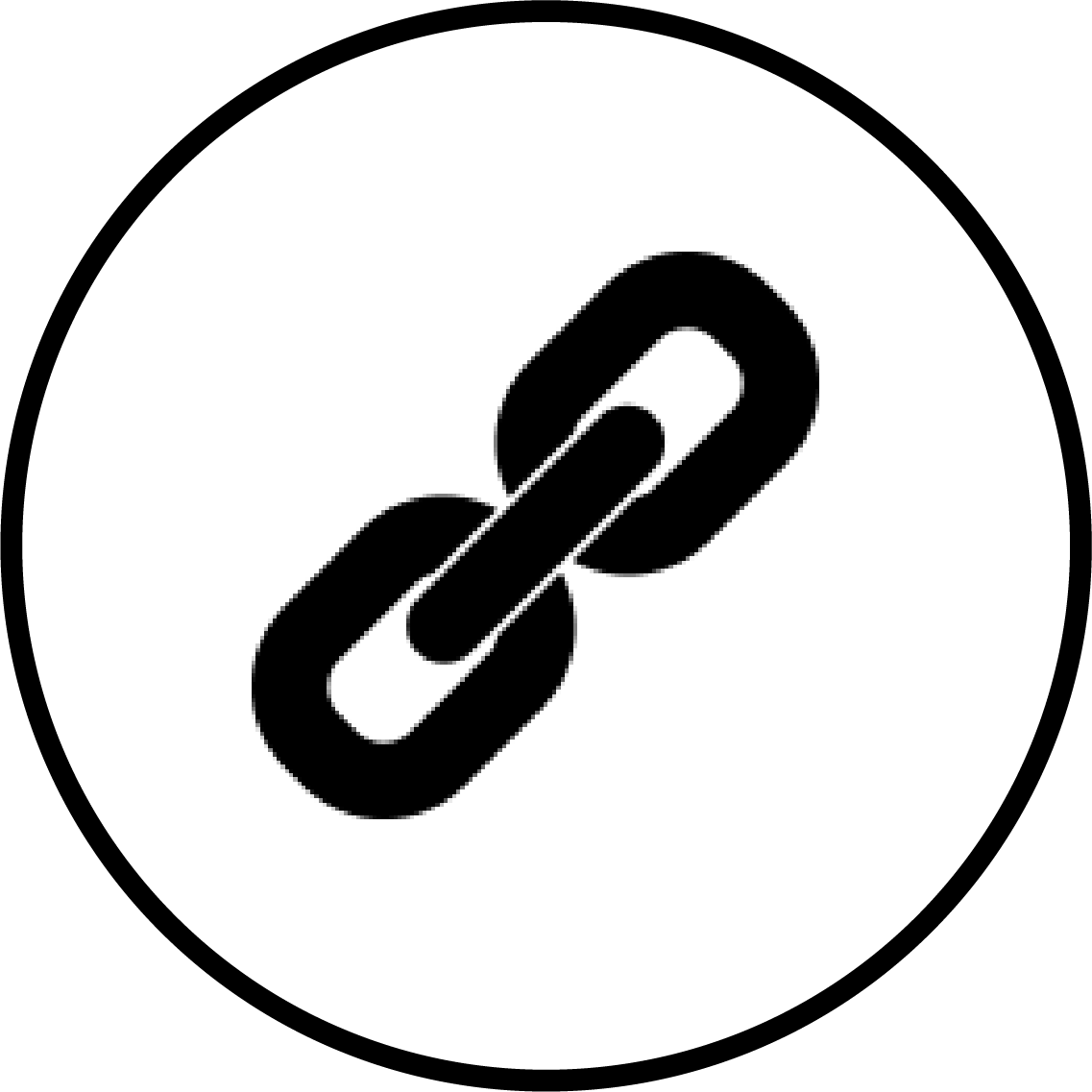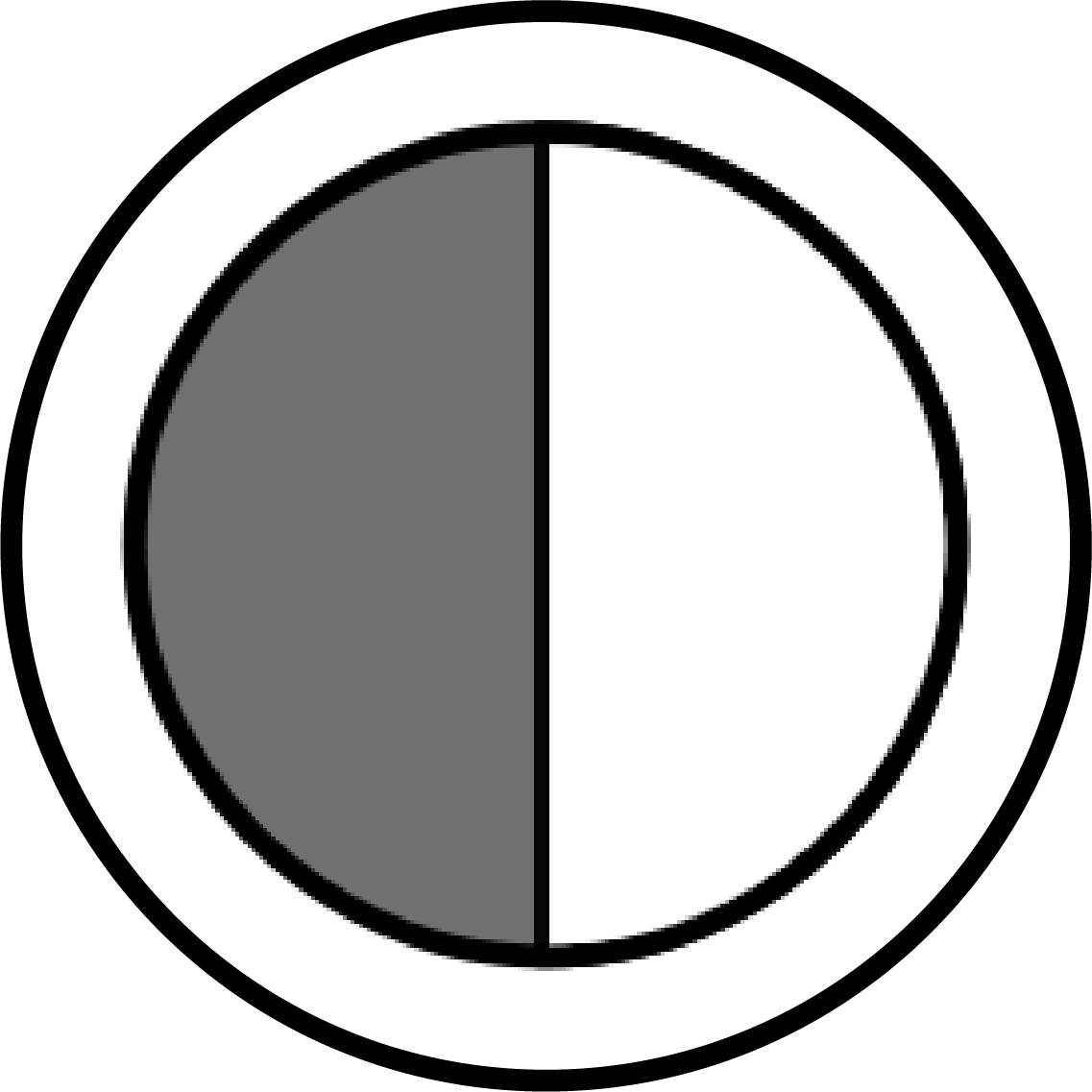.jpeg)
Criticism of Media's Role in Promoting National, Cultural, and Linguistic Diversity
Criticism of the media's role in promoting national, cultural, and linguistic diversity came from almost all
participants in the panel discussing the role of media at the conference. The speakers agreed that Israeli media does not provide a platform for diverse groups and viewpoints. The participants also noted that different audiences consume media in their own languages, and alternative media already plays a central role in influencing public discourse.
Dr. Ornat Turin, a communication researcher and lecturer at Gordon College and former member of the Haifa City Council, noted that social networks lack news standards and critique of published information. She warned about the political echelon's ability to exploit social networks for extreme purposes. Dr. Turin emphasized the importance of promoting alternative sources of information to influence reality.
Journalist Einat Fishbein, founder of "The Hottest Place in Hell" website and board member of the Independent Press Association, stated: "Israeli media is not willing to expose what is happening in Gaza, and therefore the public sees only one side and does not recognize the suffering of the other side. Sites like ours have a role in bringing information from diverse sources and challenging mainstream media."
Journalist Einav Halabi, Palestinian affairs correspondent at Yedioth Ahronoth and Ynet, said: "I cover Palestinian issues in Israeli media. There is no balance in Israeli media. It is mobilized and has its own agendas. Personally, I have never been told not to raise a particular topic, nor have I felt a restriction, especially when I raise civilian issues. However, there is no identification with them, no public support for the issues I raise. When I raise civilian issues about Gaza, I do not receive resonance or response. When I publish the number of deaths in Gaza since October 7, quoting the Gaza Ministry of Health, I usually get responses that the source is unreliable, but I have to update the numbers every day. I have no other sources. When I published about the incident at the Baptist Hospital in Gaza, Israelis did not like to hear about it. The media focuses on things that do not flatter Israel globally. The responses I receive personally: do not raise these issues. This is the imbalance, especially during wartime."
Journalist Ella Borisova, editor of projects for the publishing house "Kniga-Sefer," mentioned: "The 'Relevant' website that operated in Russian was closed, so there is a lack of a Russian niche. The Russian-speaking society is a divided society, and there is no equality in education, economy, or any other field. People who came from the Soviet Union in the 90s are different from those who came in 2014 from different countries. Therefore, I deal with bringing information and developments through alternative media to reach everyone and provide a true picture of the war, including from Gaza. I bring the Palestinian story as an independent journalist. What I write is different from what the official channels bring."
Journalist Bakr Zoabi, editor at "Bokra.net" and writer at "Local Call," stated: "Local Call is a platform with a different voice. There is distrust between the Arab citizen and Israeli media. Therefore, Israeli society sought alternatives in other Middle Eastern media outlets like Al Jazeera and others. At Local Call, for instance, we try to convey a true picture from Gaza by establishing daily contact with people from Gaza and sending the message that we, the Arabs in Israel, are an integral part of the Palestinian society as a whole."
Zoabi added: "There is a lack of trust between the Arab population and Israeli media, which generally receives its information from Arab media outlets like Al Jazeera and Al Mayadeen, satellite channels. Even if they are closed, there are ways like Telegram and YouTube channels through which information can be obtained. There is a significant information gap between the two groups or categories of media outlets, not just in the number of casualties. The Palestinian population in Israel cannot and will not be disconnected from what is happening in Gaza and the West Bank. The Arab residents of Lod, Ramla, and Jaffa have first-degree relatives in Gaza and its cities. At Bokra, we sometimes receive inquiries from the police about news we publish. Some editors at Local Call have been summoned for police questioning. Our readership circle is expanding. We bring all the stories, despite all the restrictions. No one will be able to disconnect us from our Palestinian people."
Journalist Nikita Aronov, editor at "Details," shared: "My personal story, before coming to Israel, I experienced cultural diversity at university and in the city, meeting people from different groups, Jews, Arabs, and more. In the country, the topics of interest are different: in Europe, if the public cares about the environment, you will write more about sustainability and energy and environmental issues. In Israel, it is completely different. The public is concerned with other questions. As a journalist, I gather information from social networks; you don't need to research much to understand what a person believes or wants. Therefore, it is easier to collect journalistic information through social networks. Although I do not speak the language, I can use an application to translate and obtain information. There are no language barriers, but unfortunately, there are barriers between people.

























